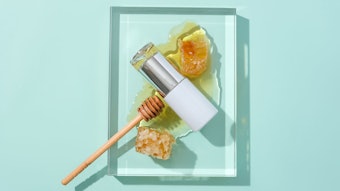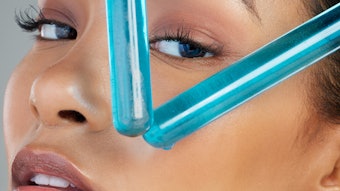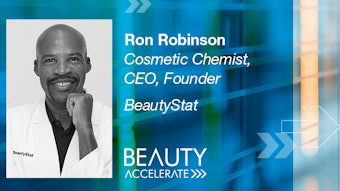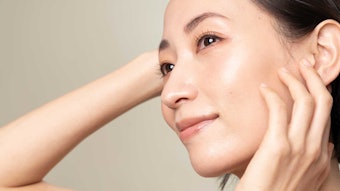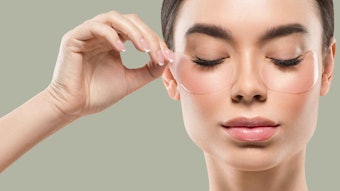
Editor's note: Our "Words from Wiechers" series considers the lessons our industry can learn from the late Johann Wiechers, Ph.D. He was an advisor, colleague and leader in the industry until his unexpected passing. Presenting Wiechers's insights is Tony O'Lenick.
This month, we review Chapter 21 of Wiechers's book, Memories of a Cosmetically Disturbed Mind, in which Wiechers asks us to consider a youth "reality TV" show entitled Idols. In case you do not have children, do not listen to the radio or do not read the newspapers, this is a program in which anyone young can try to become a singing superstar when experts select them as among the top performers entered into the contest.
He discusses the fact that perhaps the best performer is based upon many factors that include how a youthful singer is presented to the audience (marketing), what they are told to expect (claims), and other aspects to the performance. He then extends the singing competition between a number of young performers to the competition of formulations to fill an all-too-precious shelf space for cosmetic products.
Cosmetics Market as Idols Competition
Wiechers writes, “Think about our cosmetic market as an Idols contest. All of us dream to create that specific cosmetic product that will be the next big top-selling blockbuster, the next Idol. But as in show business, it is lonely at the top. There is only room for one. We cosmetic formulators have suggested many products but only a few have made it to the marketplace—the top 30 of the Idols analogy.
"These initial winners were selected out of hundreds of products of variable quality by our experts; knowledgeable people that may have ranged from the proverbial 'wife of the CEO,' to well-executed consumer panels that identified the product with the highest consumer preference. But once a product has hit the shelves, the contest really starts, and it is at the mercy of the consumer. Cosmetic quality will come a long way but other qualities also play an important role...such as product image and marketing.
'You can put lipstick on a pig but it is still a pig.'
"But now back to the original question: 'What convinces [the judges and young viewers] in making their decisions, and are we adults any different?' [It is] clear to me that image and charisma is driving [the viewers'] preference. Cosmetic quality is a given, and without that, you can forget it altogether. By the time cosmetic products reach the marketplace, it seems as if product quality has become irrelevant.”
The Lesson
Johann properly points out that many times, successful products have various elements that contribute to product success, and technical properties is one of them. This is absolutely true in the contest that determines which product gets to the market, but this is only part of the story of commercial success.
See related: 4 Tips to Keep Cosmetic Claims in Check
While proper branding and marketing are a prerequisite for initial success, it is the consumer experience and satisfaction that will drive resale and ultimate success of a product. A product improperly marketed will very likely fail, but you need to market a product that performs as claimed and meets consumer perception to assure the critical resale.
I cannot resist quoting the common idiom, “You can put lipstick on a pig but it is still a pig.” This relates to selecting a technically flawed product for marketing. One might expand it to include, “...and that pig will never repurchase the lipstick.”


